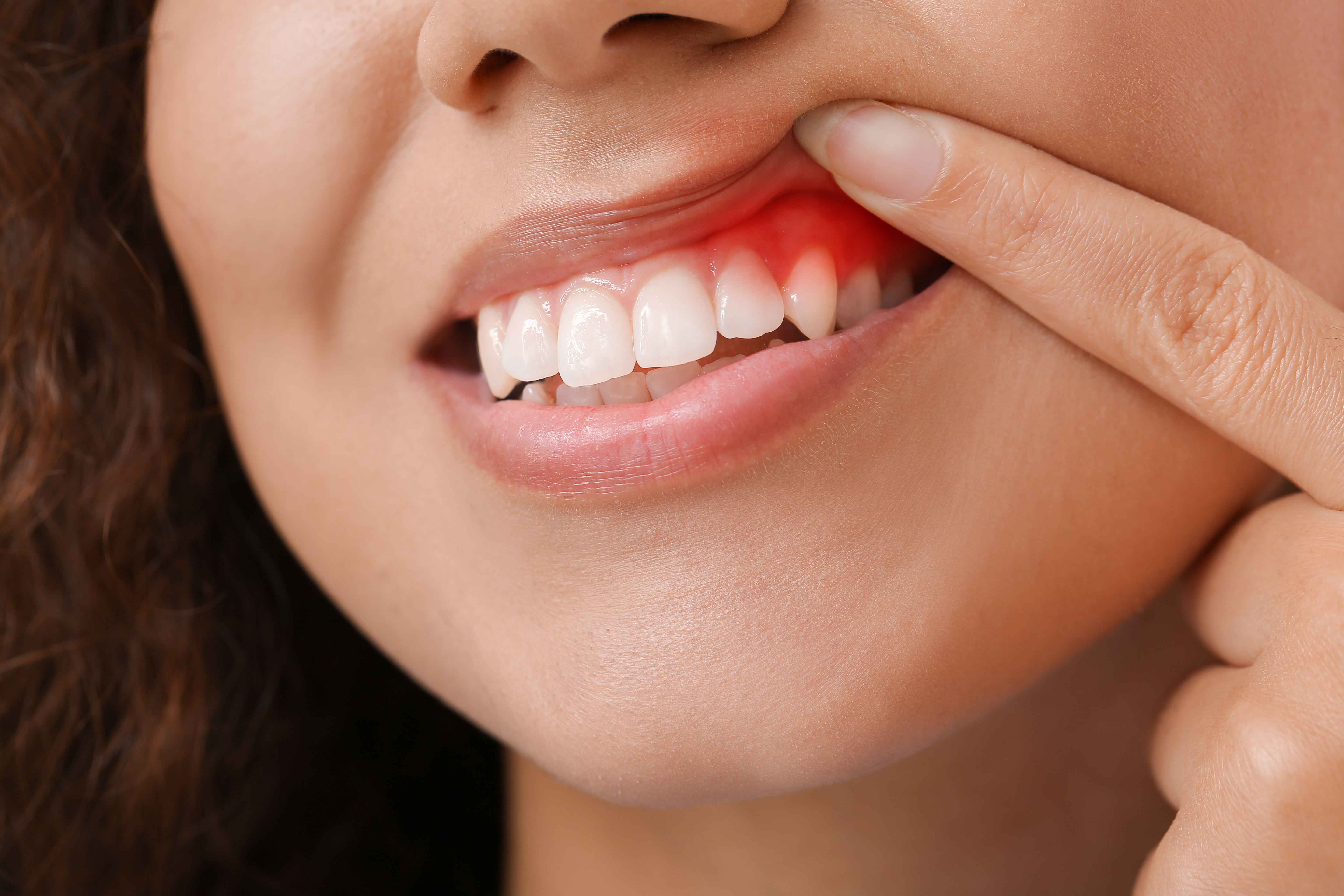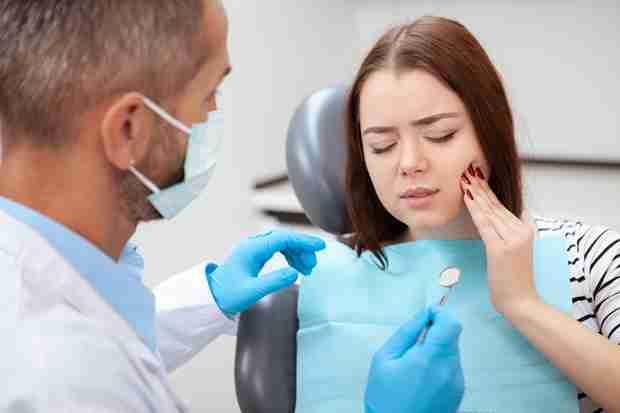A dental hygienist plays a crucial role in maintaining good oral health. Whether you visit a private dentist in Fulham or any other location, the dental hygienist is often your first point of contact during your check-up. Their responsibilities are diverse and critical, ranging from preventive care to educating patients on proper oral hygiene techniques. In this blog, we will explore the responsibilities of a dental hygienist, break down their tasks, and highlight how they contribute to the overall dental care process.
1. What Does a Dental Hygienist Do?
A dental hygienist is a qualified healthcare professional specialising in the prevention and treatment of oral health issues. Their main objective is to help patients maintain healthy teeth and gums and prevent the development of oral diseases such as gum disease and cavities. If you're looking for a comprehensive approach to oral care, a private dentist in Fulham often works alongside dental hygienists to offer a holistic treatment plan that covers both preventive and restorative care.
- Cleaning and Scaling Teeth: One of the primary duties of a hygienist is performing routine cleanings (also known as prophylaxis). This involves scaling the teeth to remove plaque and tartar buildup that regular brushing can’t tackle.
- Polishing Teeth: After scaling, they polish the teeth to remove stains, ensuring that patients leave the practice with a bright and refreshed smile.
- Taking X-Rays: Hygienists often assist in diagnostic procedures by taking dental X-rays. These are essential for detecting cavities, bone loss, and other underlying dental issues.
- Examining Oral Health: They conduct preliminary examinations, which may include checking for signs of gum disease, tooth decay, and oral cancers. If any issues are identified, the hygienist will inform the dentist for further treatment.
- Providing Education and Advice: A significant part of a hygienist's role is to educate patients on proper oral care techniques, including brushing, flossing, and the use of mouthwash.
2. Preventive Care: A Key Responsibility
One of the most essential aspects of a dental hygienist's role is preventive care. The hygienist focuses on reducing the risk of tooth decay and gum disease by teaching patients the best ways to take care of their teeth at home. This often involves:
- Teaching Brushing and Flossing Techniques: Dental hygienists spend time educating patients on how to properly brush and floss their teeth, ensuring they use the correct technique to avoid damaging their gums and teeth.
- Dietary Advice: A hygienist may also provide guidance on how diet affects oral health, recommending foods that promote healthy teeth and gums.
- Fluoride Treatments: Hygienists often apply fluoride treatments during routine visits to help strengthen tooth enamel and prevent tooth decay.

3. Managing Gum Health: A Focus on Periodontal Care
Periodontal disease, commonly known as gum disease, is among the most prevalent oral health conditions. A hygienist is crucial in managing gum health by:
- Assessing Gum Condition: During your check-up, the hygienist will check the health of your gums, looking for signs of gum disease, such as swelling, bleeding, or pockets between the teeth and gums.
- Scaling and Root Planing: For patients with early-stage gum disease, a dental hygienist may carry out a thorough cleaning procedure known as scaling and root planing.
- Monitoring Progress: For patients undergoing gum disease treatment, the hygienist tracks progress and may suggest further treatments if necessary.
4. Supporting the Dentist: A Collaborative Role
Dental hygienists also support dentists by:
- Assisting During Procedures: In many practices, hygienists assist during various dental treatments. They may provide suction, prepare materials, or even handle other tasks that ensure the patient’s comfort during procedures.
- Taking Medical Histories: Hygienists often collect vital health information from patients to ensure the dentist is fully informed before any treatments are carried out. This includes asking about allergies, medications, and any other medical conditions that could affect oral health.
- Preparing and Maintaining Equipment: Hygienists are responsible for sterilising and maintaining equipment, ensuring that all instruments are properly cleaned before use.
5. Maintaining Patient Comfort
A key aspect of the hygienist's role is making sure patients feel comfortable during their dental appointments. This may involve:
- Providing Emotional Support: Dental anxiety is common, and hygienists are trained to help patients feel at ease. They provide reassurance and take the time to explain procedures, ensuring the patient understands what’s happening.
- Pain Management: Hygienists are skilled in using various tools and techniques to ensure that patients are as comfortable as possible during cleanings and treatments.
6. Specialised Responsibilities: When to See a Hygienist
There are certain situations when you may be referred to a hygienist specifically, such as:
- Gum Disease Treatment: If you’ve been diagnosed with gum disease, your dentist may recommend more frequent cleanings or treatments from a hygienist to keep the disease under control.
- Increased Risk of Oral Health Issues: Patients with conditions such as diabetes, pregnancy, or a history of smoking may be advised to visit a hygienist regularly for preventative care to reduce their risk of gum disease and other dental health issues.

7. The Importance of Regular Hygienist Visits
Regular visits to a hygienist are essential for maintaining good oral health. These visits help in:
- Preventing Serious Dental Issues: Routine cleanings, exams, and preventative treatments can stop oral issues from developing into something more serious that requires extensive treatments.
- Monitoring Changes in Oral Health: By visiting a hygienist regularly, changes in your oral health can be spotted early, allowing for quicker intervention before problems worsen.
- Saving Time and Money: Preventive care can save you time and money in the long run by avoiding the need for more expensive and time-consuming dental treatments.
8. Why You Should Visit a Hygienist
When it comes to maintaining a healthy smile, regular visits to a hygienist are a vital part of your oral care routine. Whether you're seeking general dental hygiene or more specific treatments like gum disease care, a hygienist in Fulham can provide comprehensive services that support both your oral and overall health.
Here are a few reasons why you should consult a hygienist in Fulham:
- Preventive Services: Regular cleanings and exams help reduce the risk of developing tooth decay, gum disease, and other dental issues.
- Personalised Advice: Hygienists can provide tailored advice on how to care for your teeth, gums, and mouth, helping you maintain optimal oral health at home.
- Treatment for Existing Issues: If you're already dealing with gum disease, cavities, or other oral health problems, a hygienist can assist in preventing further damage and help restore your oral health.
Conclusion
More than just cleaning specialists, dental hygienists serve a key function in the overall delivery of oral healthcare. Their work extends to preventive care, treatment support, and patient education, particularly around gum health. By helping patients maintain good habits and assisting with clinical procedures, hygienists play an indispensable role in promoting healthy, confident smiles.Regular visits to a hygienist in Fulham or your local area should be an integral part of your oral health care routine. If you’re due for a check-up, reach out to your private dentist in Fulham to schedule an appointment with a hygienist and take the next step towards optimal oral health.





